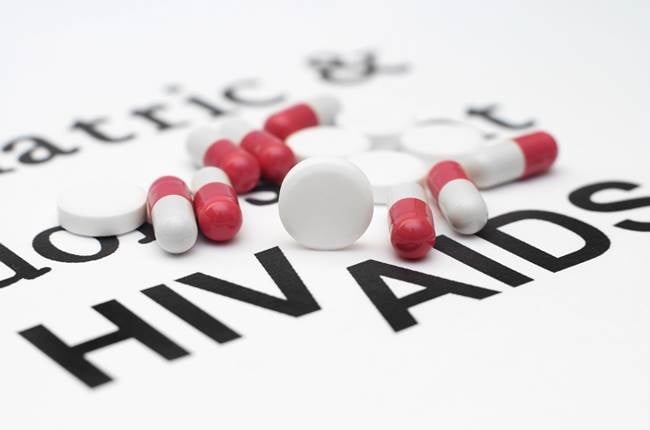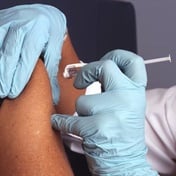
- The WHO warns that 73 countries are at risk of running out of ARV medication for HIV patients
- South Africa's supply is currently adequate on a national level
- However, if the pandemic continues, medicine shortages are an 'inevitable assumption'
While one pandemic rages on, another one might be looming on the horizon.
The World Health Organisation (WHO) warned last week that 73 countries have reported in a survey that their supply of antiretroviral (ARV) medication for HIV-positive people is at risk of running out due to global distribution disruptions caused by the coronavirus pandemic.
About 24 countries reported running low on stock.
"The findings of this survey are deeply concerning,” said WHO's director Dr Tedros Adhanom Ghebreyesus.
“Countries and their development partners must do all they can to ensure that people who need HIV treatment continue to access it. We cannot let the Covid-19 pandemic undo the hard-won gains in the global response to this disease."
READ | Will this new injection change the course of HIV?
Situation in SA
In South Africa, where more than five million people are on ARV therapy, the South African National Aids Council (SANAC) says that while current supplies are adequate nationally despite a few facilities running out, if the pandemic persists it's safe to assume medicine shortages will become more prevalent.
Their supply of one specific ARV treatment – Tenofovir, Emtricitabine and Lamivudine (TEE) – is, however, running low due to supplier constraints, and has slowed the progress of transitioning stable HIV patients to another fixed-dose treatment combination, i.e. Tenofovir, Efavirenz and Dolutegravir (TLD).
China is one of the biggest suppliers of the HIV drug, and containment measures implemented there and here by medical manufacturers to curb the spread of SARS-CoV-2 can contribute to shortages.
There's also the problem that some countries are trialling ARV medication to treat Covid-19, which can also increase demand. However, some have questioned testing HIV medication to fight the coronavirus due to a lack of robust evidence in the laboratory.
"The Department of Health has enacted several measures to forecast, monitor and communicate shortages of medicines procured for use in the public sector," SANAC's acting CEO Coceka Nogoduka tells Health24.
"We will continue to work with all relevant stakeholders to ensure that access to treatment, care and support are available to all South Africans living with HIV and those infected with TB. Meeting the 90-90-90 targets set out by UNAIDS to end Aids largely depends on uninterrupted access to treatment, care and support for all."
ALSO READ | An HIV drug you only take twice a year?
90-90-90 targets
These targets – originally set for this year – were that globally 90% of all people living with HIV will know their HIV status; 90% of all people with diagnosed HIV will receive sustained ARV therapy; and that 90% of all people receiving this treatment will have viral suppression.
Unfortunately, the WHO reports that over the last two years reduction in HIV-related deaths and new infections rate has stalled despite increased treatment coverage, and thus the world won't be able to meet the 90-90-90 targets this year.
And with the spread of Covid-19, these targets will become even harder to meet in the following years.
Multi-month dispensing
One recommendation that the WHO made to limit disruptions to ARV treatment is "multi-month dispensing". This is a policy where medication can be prescribed for longer periods of up to six months. Around 129 countries so far have adopted this policy.
In South Africa, the Department of Health has made recommendations to all facilities to dispense three-months' worth of TLD medication and two-months' minimum for TEE and other TB drugs.
"South Africa is not in a position to move forward with multi-month dispensing for ARV therapy or PrEP for periods longer than two months – with the exception of three month TLD dispensing and the six-month pilots, due to instability of stock supply globally," adds Nogoduka.
READ | Underlying illnesses and the risk of severe Covid-19, if infected - what a modelling study shows




 Publications
Publications
 Partners
Partners















